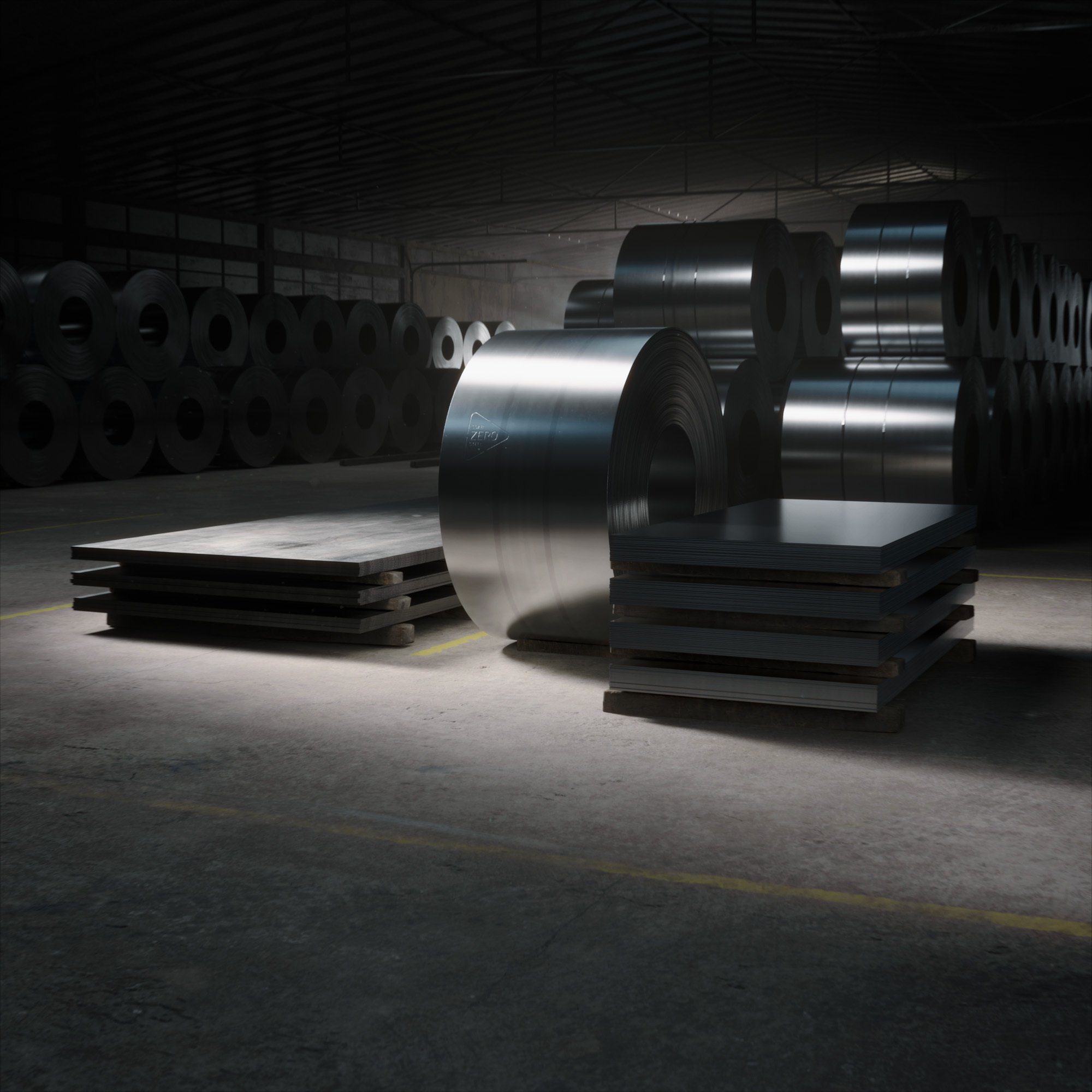Zero-emission steel lays a foundation for progress

Zero-emission steel lays a foundation for the next era of human progress
Dek: The steel industry is at an inflection point as the global climate crisis looms. One company is rising to the challenge by introducing the first-ever zero-emission form of the material.
From the ancient Hittites’ early experiments with forging iron to the construction of modern skyscrapers, steel has been a bellwether of progress for centuries. Known for its versatility and durability, the material has been integral to the development of infrastructure, tools, and machinery throughout human history, enabling societies to advance and flourish.
But today, the steel industry is at an inflection point. The International Energy Agency (IEA) reports that the sector is responsible for as much as 7% of the world’s CO₂ emissions. Still, there’s immense opportunity for steel to contribute to some of the world’s most promising climate solutions: It’s currently used in solar panels, wind turbines, electric vehicles, and more. As the IEA puts it, “Steel needs energy, and the energy system needs steel.”
To address such a paradox, engineers are now working to develop more sustainable methods of steel production. It’s a crucial step toward preserving the planet while continuing to drive innovation and development.
SSAB, a specialised steel company, is one entity actively working on such solutions. The company recently announced the launch of SSAB Zero™ — the world’s first zero-emission steel made from recycled raw material and produced using entirely fossil-free sources of energy.
Paving the way for steel’s fossil-free future
According to the American Iron and Steel Institute, scrap-based production in arc furnaces accounts for 70% of steel production in the U.S. today. But SSAB Zero’s trailblazing process utilises exclusively fossil-free electricity in its electric arc furnace— effectively bringing the material’s carbon emissions down to zero.
To produce the product, an electric arc furnace is fed with scrap metal. Blasts of oxygen as well as lime and slag foamers are then introduced to form slag. Finally, molten iron pours out from a tapping spout. Fossil-free electricity is used throughout the entire process. Swedish company Volvo Group has signed a delivery agreement for SSAB Zero steel already at launch.
There’s significant demand for such a steel. The global green steel market, valued at $ 83.4 million in 2021, is projected to skyrocket to $ 386.1 billion by 2031, according to Allied Market Research. It makes sense that demand is sky-high, as steel is ever-present in our homes, schools, hospitals, bridges, and the vehicles that get us to all of those destinations.
The automotive industry in particular is in desperate need of green steel solutions, as the material is a component in everything from car chassis to electric vehicle batteries. As manufacturers around the world race to lower the automotive sector’s carbon emissions, they’re increasingly recognising the potential of green steel — and in fact, major automakers like Ford and Mercedes-Benz have already placed orders for SSAB Fossil-free™ steel.

A groundbreaking moment for green steel
By developing a zero-emission steel, SSAB is not only redefining the industry but also contributing to global efforts to combat climate change and promote sustainability. According to the IEA, global demand for steel is projected to grow by more than one-third its current level by 2050 — and a more sustainable solution will be absolutely critical to ensure that the industry’s carbon emissions don’t rise right alongside it.
As SSAB continues to innovate and refine its green steel production methods, the company is poised to become a driving force in the shift towards a more sustainable future. The introduction of SSAB Zero marks a new era for the industry — and a new notch on the timeline of steel’s notable contributions to human progress.

Learn more about SSAB Zero and how SSAB is revolutionising the future of green steel.
